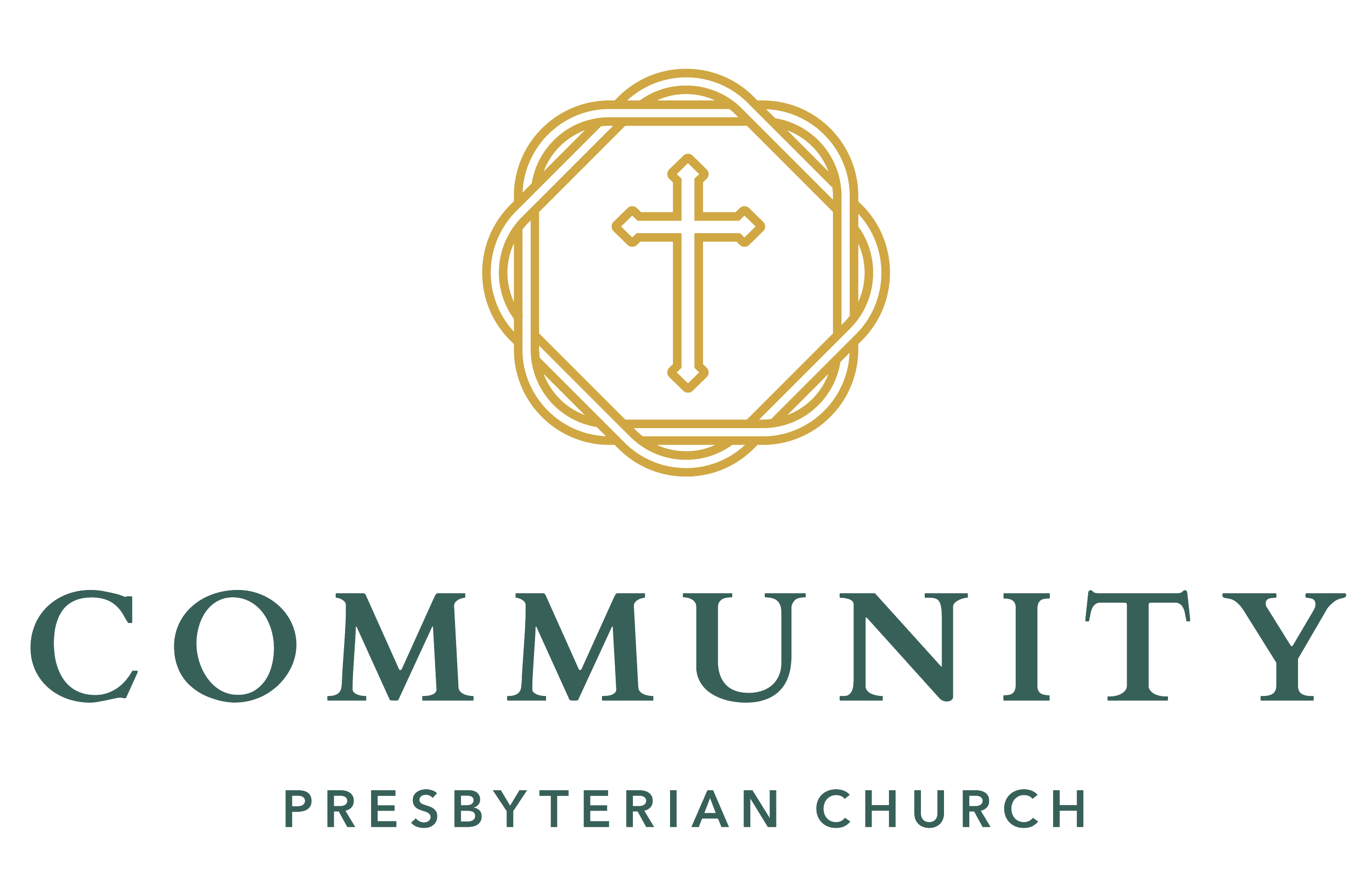What Is the Lord's Supper (Part III)
We are using the definition of the purpose of the Lord’s Supper found in chapter 29 of our Confession to help us think through what the Lord’s Supper is all about. We said there is a threefold purpose: 1) to be used as a perpetual remembrance of Christ’s work, 2) as a provision for spiritual nourishment, and 3) as a pledge of our union with Christ. This week, in preparation for the Supper next Sunday, I’d like you to consider this third aspect: pledge—or promise or proof—of our union with Christ. Here again is the excerpt from the Confession of Faith, the boldfaced type highlighting what we will consider:
Our Lord Jesus, in the night wherein he was betrayed, instituted the sacrament of his body and blood, called the Lord's Supper, to be observed in his church, unto the end of the world, for the perpetual remembrance of the sacrifice of himself in his death; the sealing all benefits thereof unto true believers, their spiritual nourishment and growth in him, their further engagement in and to all duties which they owe unto him; and, to be a bond and pledge of their communion with him, and with each other, as members of his mystical body.
One of the central doctrines of our faith—and one of the most comforting—is the doctrine of union with Christ. This means that when we are stirred to faith in Jesus by the Holy Spirit we are united to Him forever and ever. The implications of this doctrine are vast. It means that wherever Christ goes, we go: “But God, being rich in mercy, because of the great love with which he loved us … raised us up with him and seated us with him in the heavenly places in Christ Jesus” (Eph. 2:4,6). It means that what is true of Christ is true of us: “For our sake he made him to be sin who knew no sin, so that in him we might become the righteousness of God” (2 Cor. 5:21). Anytime you encounter the refrain “in Christ” in the New Testament you are reading about this doctrine.
So what does this have to do with the Lord’s Supper? Everything. We take our cue from Paul’s teaching in 1 Corinthians 10:16-17, “The cup of blessing that we bless, is it not a participation in the blood of Christ? The bread that we break, is it not a participation in the body of Christ? Because there is one bread, we who are many are one body, for we all partake of the one bread.” First, Paul says that as we partake of this meal we share or “participate” in Christ’s death. In the Greek, it is actually the word for “communion” (that’s why we call it that!). In other words, when we participate of this meal by faith we are united to Christ’s atoning sacrifice. His payment is credited to our account. We are not Christ, but we are united to Him, and what is His has become ours. His victory over sin and death becomes ours.
But that’s only one aspect of communion. The second thing Paul teaches us is that we not only have union and communion with Christ, but we also have it with one another. This meal is a great uniting work in the church. As we eat from the same bread we show ourselves to be united to one another. This is part of the reason we wait to partake of the elements together: it’s the same reason you (hopefully) don’t start eating a meal until everyone present is seated at the table. We wait to eat together because it’s a family meal. As the Lord’s Supper brings us to Christ, it also brings us to one another. We are united to our fellow believers because we are united to the one Christ!
Charles Hodge writes this: “The Holy Spirit given to [Christ] without measure is communicated to His people so that they become one body fitly joined together…. Believers become one body in a mystical sense. The Holy Spirit dwelling in each and in all constitutes them one. They have one principle in life.” We who are many become one in Christ. Any and all dividing differences are set aside, and we come together in solidarity under the head of the body who is Christ.
This is all happening every single time we partake of the Lord’s Supper. It’s a wonderful blessing that reminds us of our identity: above and before everything else, we are in Christ. The more we are reminded of this the more we will be strengthened in our faith and comforted and encouraged in our walk. In his book Redemption Accomplished and Applied, the late professor John Murray speaks of the wondrous comfort of the doctrine of union with Christ: “Apart from union with Christ we cannot view past, present, or future with anything but dismay and Christless dread. By union with Christ the whole complexion of time and eternity is changed and the people of God may rejoice with joy unspeakable and fully of glory.”
Do you sense that in the Supper, friends? It is to correct our perspective on this pilgrimage and remind us of the joys of being found in Jesus. The Supper is not meal at a funeral, it’s a feast! It’s a joyful celebration where we come and, by the Spirit working faith in us, are united to our faithful Savior.
